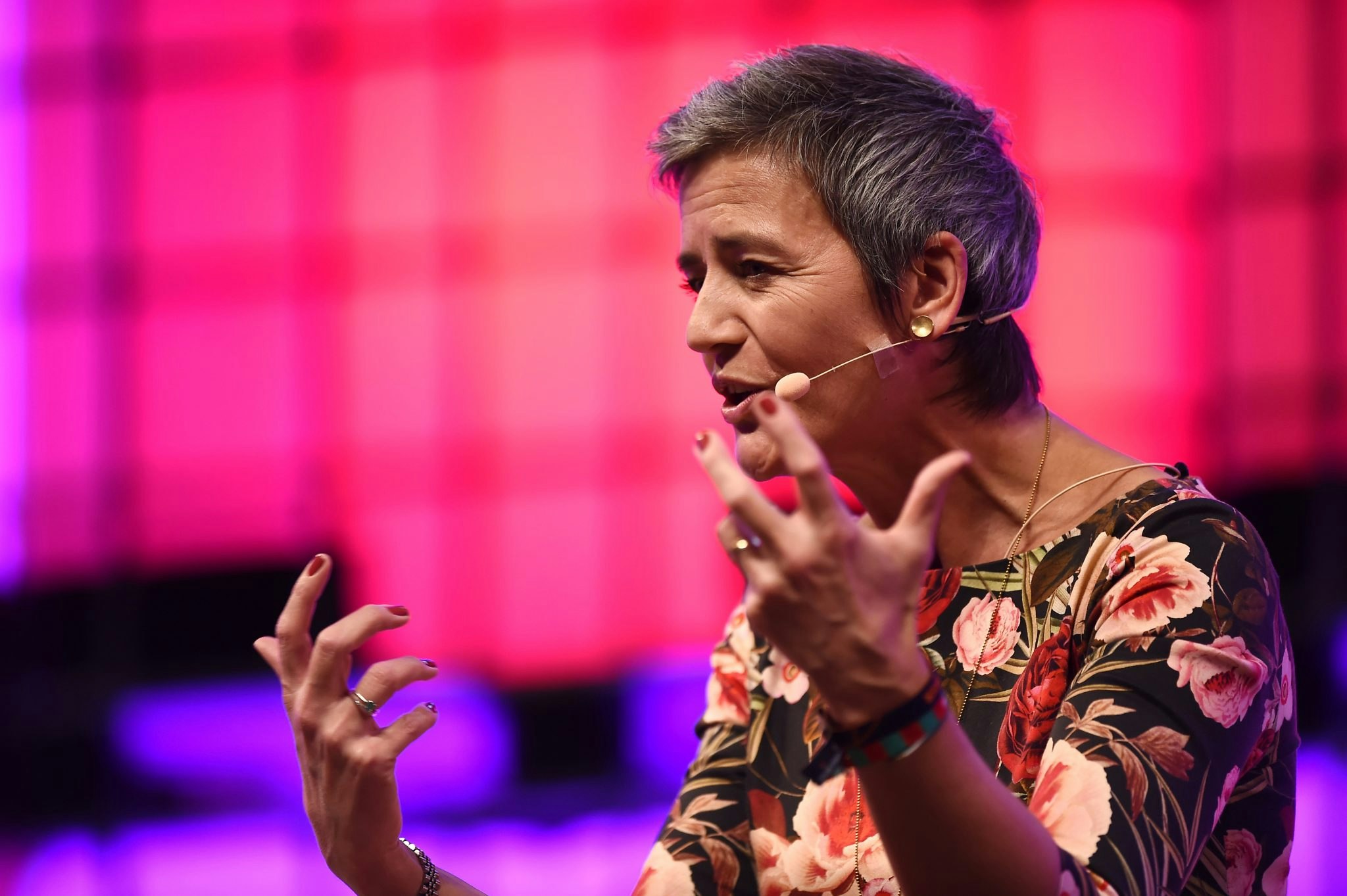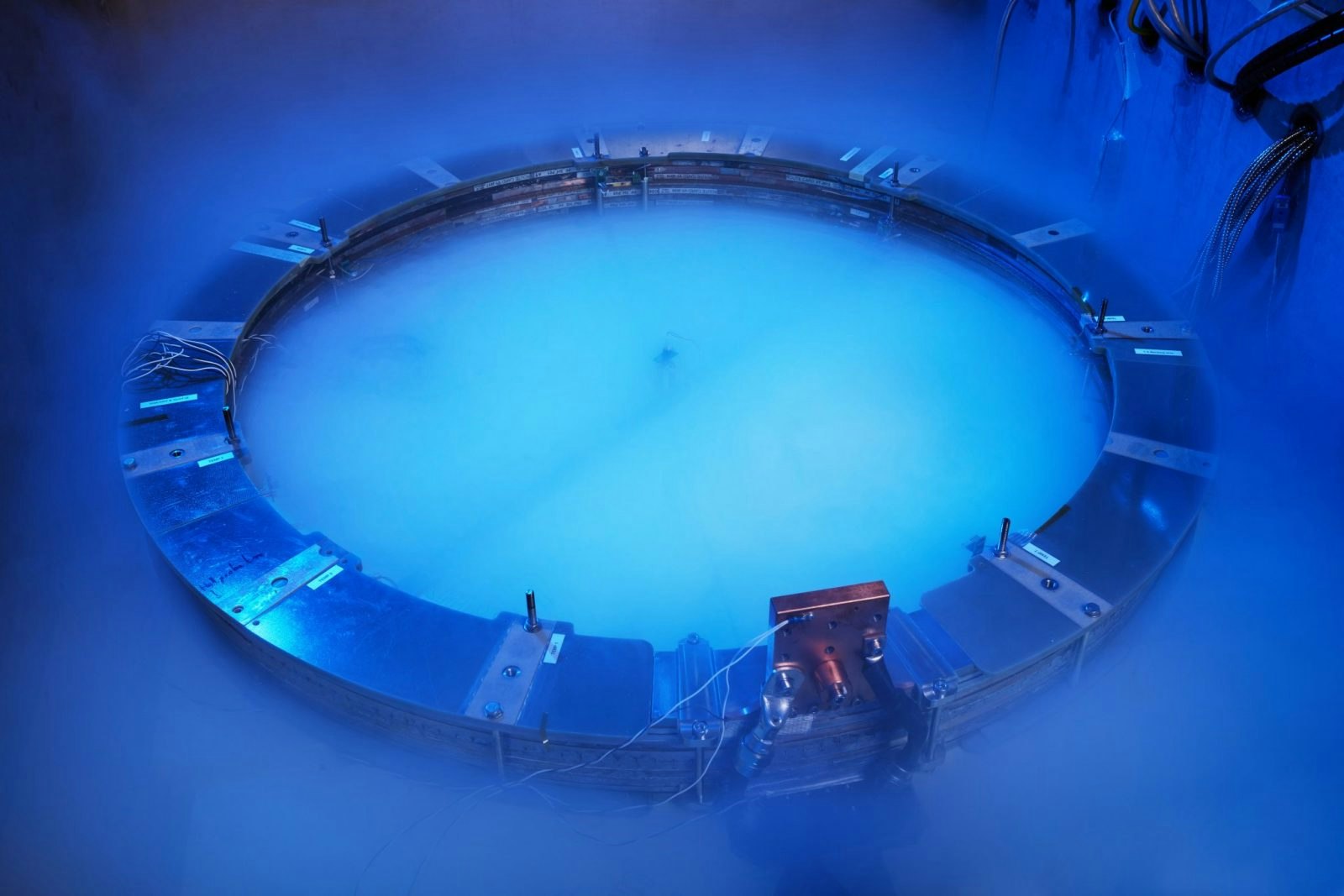Harry Destecroix joined the UK rich list — and certainly became one of its most successful scientists — when, in 2018 at age 31, he sold his healthtech startup Ziylo to Novo Nordisk for up to $800m.
Destecroix, a PhD student at the University of Bristol, and his professor Anthony Davis had designed synthetic molecules that bind to glucose, and the Danish drugs giant saw the potential to use the technology to develop smart, glucose-responsive insulin.
It wasn’t a unicorn-level deal, but because Destecroix and Davis still owned a majority of Ziylo — mainly because they had been unable to raise funding prior to the Novo Nordisk deal — it left them with truly life-changing sums of money.
“Ziylo raised less than $1m of equity before it was acquired,” says Destecroix. “We had struggled to raise money — in fact, just before the acquisition, we had been turned down by VCs.”
The ingredients of an ecosystem: buildings
Since then Destecroix — in the time-honoured fashion of wealthy tech founders — is turning his hand to investing. Not just in the 14 individual companies he has funded so far but also in turning his home city of Bristol into the UK’s most prolific medtech hub, akin to Boston in the US.
Among other things, that has meant building some real estate — specifically incubator space with laboratory facilities.
“There is a lot of tech that is not commercialised simply because of where it is found. To take that 1% of innovation that potentially goes from academia to become a product needs a lot of support from the right investors, from people who can mentor you — and buildings are really important for innovation,” Destecroix says.
“Great ecosystems are quite concentrated, like Kendall Square in Boston where you have biotech companies in the same building as robotics companies, and you have a concentrated pool of people who have all founded two or three companies in the past."
To take that 1% of innovation that potentially goes from academia to become a product needs a lot of support
Destecroix had already opened one science incubator space back in 2017, even before the Novo Nordisk deal.
“Bristol didn’t have an incubator with laboratory space for companies developing deeptech products, so in 2017 I built an incubator to put my own company in,” he laughs.
And now he is about to open a second one, in Old Market in Bristol’s city centre, catering for slightly larger startups, Series A and beyond. It has more private office space and a large event space. Together the two incubators will house more than 100 companies.
This is a recurring theme in the way Destecroix works — if what you want doesn’t exist, make it yourself. He originally founded Ziylo because there were very few science jobs available in Bristol.
“I came to Bristol to do my master's degree and fell in love with it. When I was finishing my PhD I saw that there were very few jobs in the life sciences sector and a lot of people I knew were shifting careers just to stay in Bristol. I didn’t want to do that, so I founded a company.”
Bringing in the money
Now Destecroix is trying to fix the third problem — Bristol’s lack of venture capital.
“Bristol had almost no VC industry, which was holding it back in terms of deeptech. It had poor seed to Series A progression, companies would tend to go from bridge funding to bridge funding. Bristol was renowned for bootstrapping,” he says.
Last year, for example, 11 out of 16 fundraises by Bristol tech startups were at the seed or pre-seed stage, according to Dealroom.
However, that is beginning to change. A handful of big deals, including funding rounds for Graphcore and Vertical Aerospace, pushed Bristol’s fundraising 2020 total to more than $400m, the third-highest for any UK city. The city attracted more VC money than many of its European counterparts including Tallinn, Barcelona, Oslo, Madrid and Bucharest.
Bristol is expecting similar success in 2021. Earlier this month the haptic technology company UltraLeap, for example, raised a £60m Series D round from investors including Tencent. The percentage of seed and pre-seed rounds in Bristol’s funding mix is decreasing.
Destecroix’s own VC fund, Science Creates Ventures, launched last year and invests in deeptech companies at seed stage. It brings in bigger investors such as Parkwalk, Meltwind Ventures and Octopus Ventures into syndicated investment.
“We put our names to things to help validate companies,” says Destecroix.
One of the big problems for deeptech companies, he says, is getting bigger VCs interested early enough. Deeptech companies often need big cheques early in order to carry out clinical testing or build a prototype. They typically need a two-four year “discovery phase” before they can really begin commercialising a product. At this point a bigger VC backer would be useful, but the companies may struggle to get on the radar for investors.
You need to put just as much work into the nos as the yeses because it is a big responsibility to say no to a startup
“It is hard [for a VC] to go in cold into a Series A for an angel-backed company. But if the VCs have some data points already on the progress that the company has made it is easier for them to invest,” Destecroix says.
He believes the city is due to have an explosion of Series A rounds in the next year as the current crop of seed-stage businesses begins to mature.
The Bristol startups to watch
GenomeKey
The startup is developing a system that can accurately determine the presence of bacteria from a blood sample, identify the bacterial species and determine its antibacterial susceptibility, all within a matter of hours. The startup recently received $3m in funding from Carb-X, a non-profit organisation supporting antimicrobial research, to develop a rapid diagnostics tool for sepsis.
Bioinduction
Bioinduction has developed a precisely targeted brain pacemaker to help treat patients suffering from neurodegenerative diseases such as Alzheimer's and Parkinson's, as well as stroke patients.
Carbometrics (in the Science Creates Ventures portfolio)
Carbometrics is a sister company to Ziylo, spun out when Ziylo was sold to Novo Nordisk and taking on the work pioneered by Ziylo cofounder Anthony Davis’s group at the University of Bristol. It is developing a robust and accurate glucose-sensing platform that can be used to create continuous glucose monitoring. The startup raised £2.1m in April.
Icomat
A spinout from the University of Bristol that has developed a patented manufacturing process for advanced carbon fibre composites which are lighter, stronger and more cost-effective than existing materials used by the aerospace, automotive and marine sectors. The team raised a £300k seed round from Velocity Partners in 2019.
Exmoor
A technical and strategic consultancy specialising in cell and gene therapies and biopharmaceuticals. It raised a £12m funding round from MVM Life Science Partners in March.
Folium Science
A biotechnology business founded in Cambridge but with R&D labs in Bristol, Folium Science is fighting antimicrobial resistance. It has developed patented technology that will selectively remove unwanted bacteria from farmed animals, reducing the need to use antibiotics. The technology can also support the health of plants.
Imophoron (in the Science Creates Ventures portfolio)
A University of Bristol biotech start-up developing a novel, next-generation rapid-response vaccine platform. It has raised £4m, led by Science Creates Ventures.
CytoSeek (in the Science Creates Ventures portfolio)
A University of Bristol spinout developing new cell therapies to treat solid tumours. It raised £3.5m in March, in a round led by Science Creates Ventures.
KETS Quantum Security
Also a spinout from the University of Bristol, developing hardware to protect data from a new generation of cyberattacks that could use quantum computers to break through all existing encryption protections. It raised £3.1m in August.
QLM Technology
A startup on a mission to help organisations reach net zero emissions. Its quantum-inspired technology can detect large areas of emissions of methane and other key greenhouse gases from a safe distance. It raised £3.1m in April.
A different lens on investment
“Being an investor is even harder than being a founder,” says Destecroix. “It has been one of the most difficult years of my life. It is one thing to know your spinout inside out. It is another to understand hundreds of companies you look at and make decisions on them. You need to put just as much work into the nos as the yeses because it is a big responsibility to say no to a startup.”
Having once been a young startup founder overlooked by VCs, Destecroix believes he can bring a different perspective to VC investing. He’s looking to take contrarian views and sniff out unpopular deals.
“I am very aware of heuristics and the way that human beings are prone to bias. Humans assign a lot of credit to people because of status. They will overlook someone who might not look right or be able to pitch well, but I try to look past that,” he says.
“If lots of people say a deal is brilliant it probably means it isn’t because the biases are getting in the way.”
Stories are very powerful. I wanted to motivate others and show that it absolutely can happen in Bristol
Companies in the Science Creates ecosystem raised $18.4m collectively this year. But it is still too early to tell whether any of them are likely to become the kind of knock-out success that Ziylo was.
The main thing for the moment, says Destecroix, is to convince founders that it is possible to have that kind of success.
“Stories are very powerful. The fact that I got very lucky has made other people believe that it can be done in Bristol. It is quite motivating,” he says. “That’s why I wanted the story used to motivate others and show that it absolutely can happen in Bristol.”


